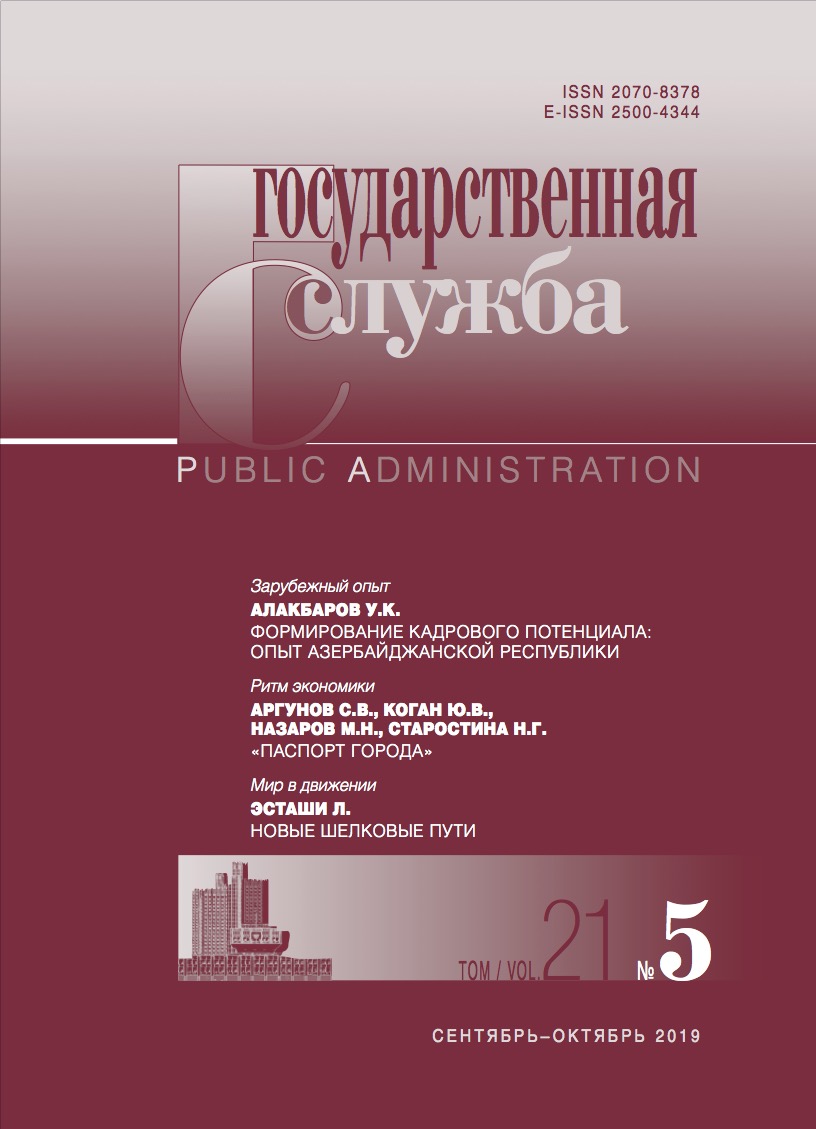Recommended link to article:
SVETLANA A. TATUNTSа
аLomonosov Moscow State University
KATHARINA BERNDTb
bDüsseldorf Adult Education Center (Germany P. B. 40200 Düsseldorf)
DOI: 10.22394/2070-8378-2019-21-5-76-82
Abstract:
Contrary to the expectations of Euro-skeptics, political leaders and parts of the expert community, neither the traditional centrist parties nor the right-wing populist parties (with the exception of France, Italy, Hungary and Poland) were able to conquer the majority of the votes in the May 2019 elections to the European Parliament. On popularity and electoral support they conceded to ‘green’ parties – defenders of ecology and climate. The authors of the article point to the demographic renewal of voters and their activity on social networks during the election campaign. Among the factors that played an important role in mobilizing young voters who came to the ballot box to vote for the European Parliament, the average age of whose members is a solid 55 years, were the desire to protect the idea of Europe from the right-populist and nationalist parties and participation in mass protests of schoolchildren, students, young people against the threat of global warming, held every Friday in many ‘old’ EU countries. This led to a significant success of the European ‘green’ parties, which received a record-breaking 74 mandates. The tools used by European structures to inform voters about the entire spectrum of the political landscape of the EU countries are revealed. The authors believe that the important outcome of the European elections is not only the active participation of young people, but also the actual end of the two-party system that prevailed in the European Parliament and the complete political fragmentation of the EU legislature, which can lead to a violation of the long-term stability of this structure. The authors explain the modest results of the right-populist parties in the elections to the European Parliament by the explicit position of European youth, who believe in the future of a United Europe, oppose euroscepticism and separatism, populism and nationalism.
Keywords:
elections, European Parliament, right-wing populism, centrist parties, political fragmentation, European Union, European Commission
Received:
October 6, 2019
References:
Christen C., Schrade H.-J. Wir sind die Völker Europas! AfD und Bürgerwille im Europäischen Parlament. Speyer, 2018. In German
Guseletov B.P. 2019 European elections: statistics and forecasts. Nauchno-analiticheskij vestnik Instituta Evropy RAN. 2019. № 3. Р. 11–16. In Russian
Heyer J.A. Frankreich zwischen Le Pen und Macron. München: dtv Verlagsgesellschaft mbH & Co. KG, 2017. In German
Katkina A.N. Elections to the European Parliament through the prism of social media as an electoral resource. Vestnik RUDN. Serija Sociologija. 2016. № 1. Р. 85–91. In Russian
Kondrateva N.B. Election of the President of the European Commission: how it could be and how it was in 2019. Institute of Europe RAS. Analytic note. 2019. № 24 (№ 175). In Russian
Potemkina O.J. Who killed the Spitzenkandidat? Institute of Europe RAS. Analytic note. 2019. № 23 (№ 174). In Russian
Shishelina L.N. Central Europe: European Parliament elections in a pan-European context. Nauchno-analiticheskij vestnik Instituta Evropy RAN. 2019. № 3. Р. 17–22. In Russian
Sonneborn M. Herr Sonneborn geht nach Brüssel: Abenteuer im Europaparlament. Köln: Kiepenheuer & Witsch GmbH & Co. KG, 2019. In German
Tatunts S.A., Berndt K. European voters against European bureaucrats. Gosudarstvennaja sluzhba. 2014. № 6. Р. 95–99. In Russian
Vedernikov M.B. Features of the European Parliament elections in 2019 in the Czech Republic and Slovakia. Nauchno-analiticheskij vestnik Instituta Evropy RAN. 2019. № 3. Р. 23–29. In Russian
Articles in Open Access mode are published under the Creative Commons Attribution 4.0 International (CC BY) license.

